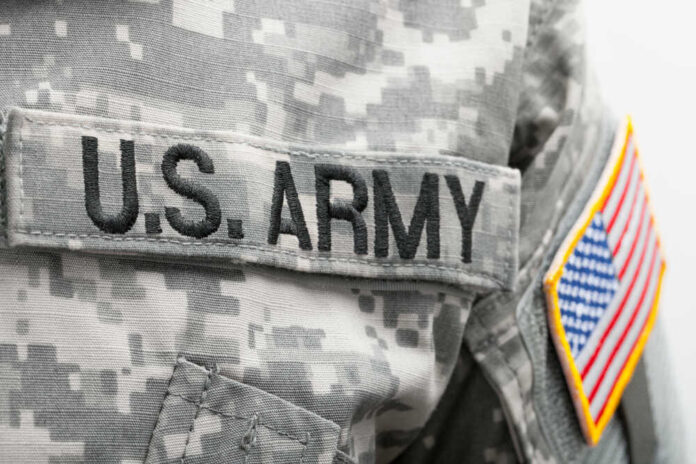
(TheProudRepublic.com) – Relying on his extensive military experience to give weight to his words, former CIA director David Petraeus discussed how grave was Iran’s missile assault on Israel.
Petraeus served 37 years in the U.S. Army, including serving as commander of both the International Security Assistance Force and the U.S. Forces – Afghanistan.
In a notable discussion on CNN’s “State of the Union,” he said the current situation is “significant. It’s a very big deal. And I think Israel will have to take some action in response.”
Petraeus suggested that while Israel must certainly respond, there is a collective hope, particularly from the U.S., that the retaliatory attack be restrained. “I think it’s very clear that the U.S. would like to see that be as limited as is possible.”
He pointed out that beyond the immediate concern for Israel’s safety lies a broader issue affecting global commerce.
He elaborated on the delicate balance Iran must maintain regarding its own interests in maintaining free navigation in the Gulf, given its substantial oil exports which exceed a million barrels daily.
“That’s the biggest issue here. And Iran, I don’t think, wants to have that disrupted either, because they export about 1.6 or 1.7 million barrels a day themselves,” he said.
“So, keep your eye on that. Brent Crude is already above $90 a barrel, and it would really spike if there was something that interfered with freedom of navigation,” he added. “In, fact we need to figure out what’s going on. Iran did take a ship the other day that they claimed was in some way dealing with Israel.”
Petraeus also stated that there was universal concern over the escalating tensions and suggested that halting the cycle of retaliation would benefit both sides.
However, the decision on how Israel responds to the conflict remains to be seen.
Petraeus noted that the bombardment aimed at Israel saw most missiles successfully intercepted, showcasing the defensive alliances backing Israel.
“There’s a … whole menu of actions that they can take, not all of which are necessarily overt. They can pursue covert. They can pursue asymmetric attacks, cyberspace and so forth,” he revealed.
And keep in mind that, of course, Washington is meeting with the other G7 countries to determine what kind of diplomatic and economic responses should follow in a coordinated effort as well,” he concluded.
Copyright 2024, TheProudRepublic.com














